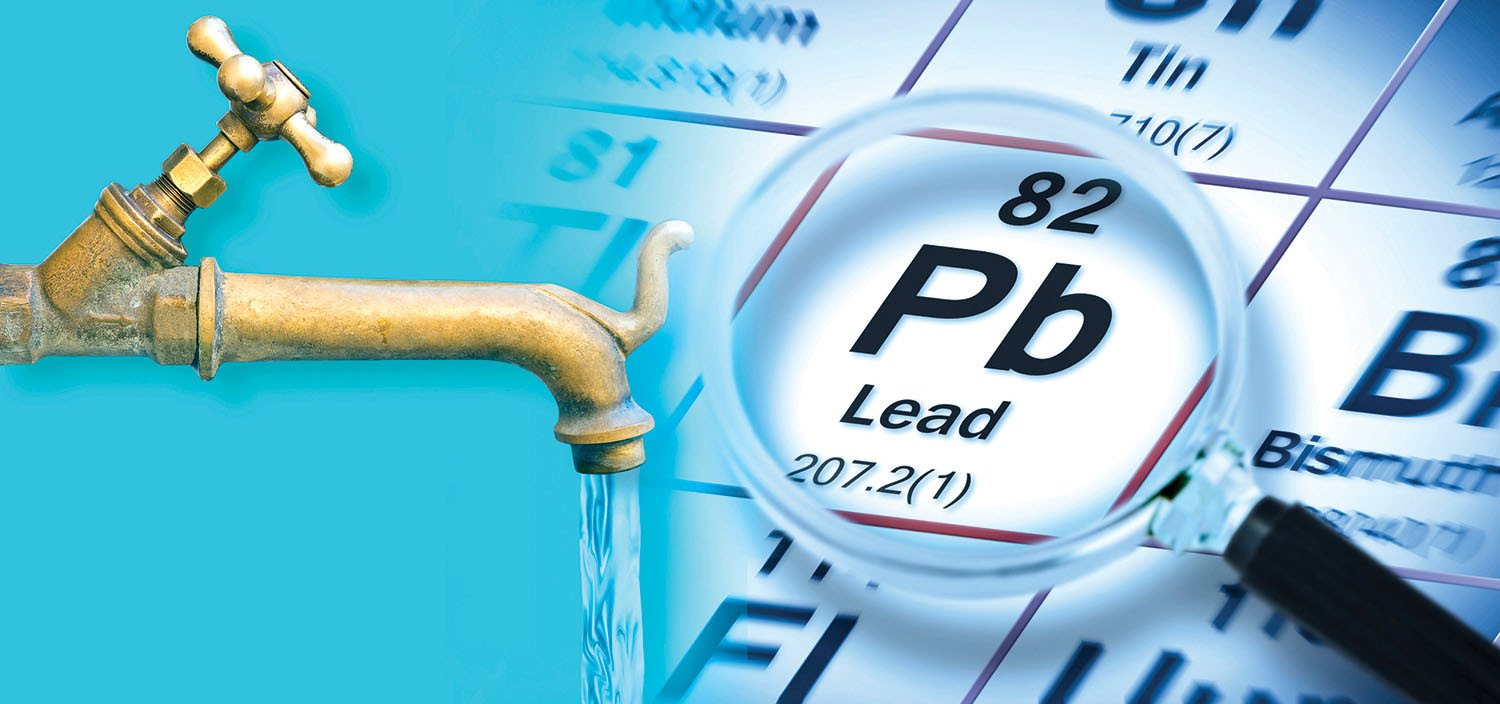
5 timeless habits for better health

What are the symptoms of prostate cancer?

Is your breakfast cereal healthy?

When pain signals an emergency: Symptoms you should never ignore

Does exercise give you energy?

Acupuncture for pain relief: How it works and what to expect

How to avoid jet lag: Tips for staying alert when you travel

Biofeedback therapy: How it works and how it can help relieve pain

Best vitamins and minerals for energy

Should you take probiotics with antibiotics?
Heart Health Archive
Articles
The dirt on soil and water pollution
Soil and water pollution from heavy metals, pesticides, and microplastics may affect a person's risk of cardiovascular disease. These pollutants can enter the body when people eat crops grown in dirty soil, drink water contaminated by dirty soil, or inhale soil dust. Lead, cadmium, and arsenic are among the most pressing concerns. Potentially helpful actions include testing one's drinking water, buying organic foods, and minimizing plastic use.
What is a bubble study?
A bubble study is a test done in conjunction with an echocardiogram to check for the presence of a tiny opening between the heart's upper chambers called a patent foramen ovale. Such an opening could explain how an unexpected stroke happened.
Can self-employment promote better cardiovascular health for women?
Being self-employed can offer advantages like flexibility and autonomy in a person's work life. Now, data from a long-term health study suggests that self-employment may provide another benefit for some women: improved health outcomes.
3 simple swaps for better heart health
A busy schedule can make it challenging to adhere to heart-healthy habits, but there are steps you can take that don't require much time and can fit easily into almost anyone's life.
The case of the bad placebo
A trial from 2019 showed a medication dramatically reduced triglyceride levels in participants, but subsequent analysis found that the placebo used in the trial may have negatively affected those assigned to take it.
A lower blood pressure goal benefits some older adults
Taking an aggressive approach to lower high blood pressure with more medication can help many older adults reduce their risk for heart attacks, stroke, and heart failure. But they need to weigh the benefits with the potential side effects of extra medication.
Could anger and depression raise the risk of afib?
Psychological issues such as anger, anxiety, depression, and work stress are associated with a greater likelihood of the heart rhythm disorder known as atrial fibrillation, according to a 2022 study.
Meal of the month: Hearty salad supper
A big, hearty salad can provide the recommended daily dose of vegetables. Adding other filling ingredients such as starches and proteins turns a salad into a healthy, satisfying meal.
Long periods of sitting tied to higher risk of stroke
Sitting too much can boost stroke risk. But adding more movement—even low-effort activity such as doing household chores—may help lower that risk.
The lowdown on "good" cholesterol
Long touted as beneficial for heart health, high-density lipoprotein (HDL) is more complicated than experts once thought. Some forms of HDL grab cholesterol from the bloodstream and other tissues and transport it to the liver, where it's recycled or disposed, but other types are neutral or perform the opposite action. Most drugs that raise HDL don't seem to prevent heart disease, and very high HDL levels may even be linked to a higher risk.

5 timeless habits for better health

What are the symptoms of prostate cancer?

Is your breakfast cereal healthy?

When pain signals an emergency: Symptoms you should never ignore

Does exercise give you energy?

Acupuncture for pain relief: How it works and what to expect

How to avoid jet lag: Tips for staying alert when you travel

Biofeedback therapy: How it works and how it can help relieve pain

Best vitamins and minerals for energy

Should you take probiotics with antibiotics?
Free Healthbeat Signup
Get the latest in health news delivered to your inbox!
Sign Up











